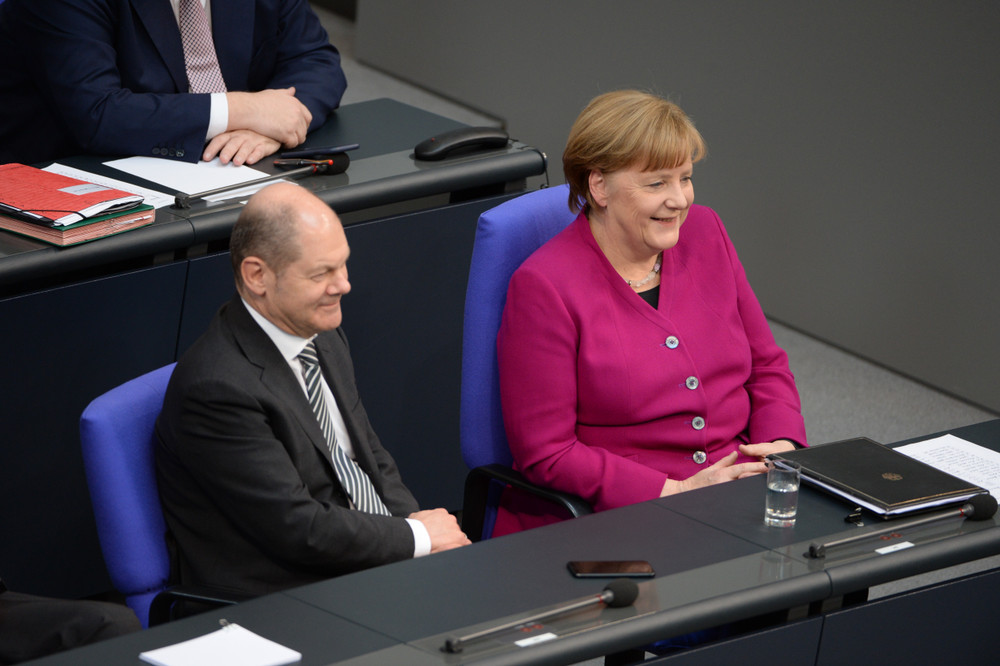When European Union finance ministers meet behind closed doors to negotiate tax issues the conclusions they draw in public can often be described as a “Tale of Two Councils”.
That was certainly the case Saturday, after Austria pushed EU finance ministers to rally around the controversial EU Digital Service Tax aimed at large internet companies such as Google, Facebook, Airbnb and Uber Technologies.
As host of the meeting in Vienna and the holder of the EU rotating presidency it was the Austrian Finance Minister Hartwig Lueger who chaired the traditional official EU presidency press conference, where the summary of the closed-door events is communicated. He insisted that all 28 EU countries had agreed to conclude negotiations and reach an accord on the proposal by the end of 2018.
He added that, as a result of that commitment negotiations, in the coming months of key technical issues such as the scope, rates, thresholds, apportionment, collection, enforcement and auditing will take place.
While Lueger was speaking, scattered across the sprawling meeting complex on the Danube River, other EU finance ministers from countries such as Ireland, Finland, Sweden, Denmark and Malta gave their assessment of the meeting. The message was significantly different: “any digital taxation scheme first needs consensus in the OECD‘‘
In other words, Ireland, the Nordics and Malta have not changed their position since the EU finance ministers held in September of 2017 in Tallin their first official discussion on a temporary transaction tax on online target advertising, the sale of user data and intermediate platform services.
But perhaps more were the words of German Finance Minister Olaf Scholz and, to a lesser degree, United Kingdom Chancellor Philip Hammond.
As the largest EU member state and the bloc’s economic powerhouse built on exports, Germany says is stuck between a rock in the form of France and its vehement support for the DST and a hard place made up of the country’s car exporters. They fear the retaliatory wrath of U.S. President Donald Trump as well as other countries such as India, who might imitate the EU.
“It is important that large internet companies pay their fair share of tax”, Scholz said as he stood next to French Finance Minister Bruno Le Maire. But later when, speaking on his own, he added an important caveat: “we need to analyze the best way to do that.”
In the case Hammond, who has also been wary of aggravating a Trump Administration (the Tory government hopes to forge a free trade agreement post Brexit), he tried another way to straddle the fence. Upon entering the meeting, he too stated it was crucial that large internet companies pay their fair share of tax. And the U.K. HMRC has been active in outlining ways this can be done.
But speaking to EU finance ministers behind closed doors, Hammond emphasized that “the situation has evolved” according diplomats in the room. “With the U.S. tax reform the discussion is no longer about avoidance but tax allocation’”.
Of course, verdict is still out on whether or not U.S. Tax reform has undermined the European Commission and French narrative that the DST is needed because large U.S. Tech companies are not paying tax. Hammond and the Nordic nations say the Global Intangible Low Taxed Income (known as GILTI) ensure that the days of big U.S. Tech companies hundreds of billions of dollars in profits in offshore tax havens are over.
Earlier in 2018, the EU asked the OECD Forum for Harmful Taxation to pass judgment on the GILTI and other provisions of the new U.S. Corporate laws that lowered headlines from 35 to 21 percent. The upcoming OECD decision is due as soon as October. And it may decide the fate of the DST.

